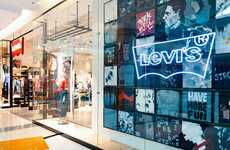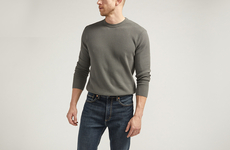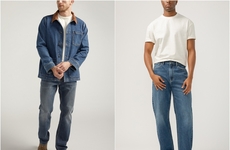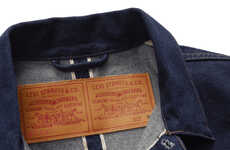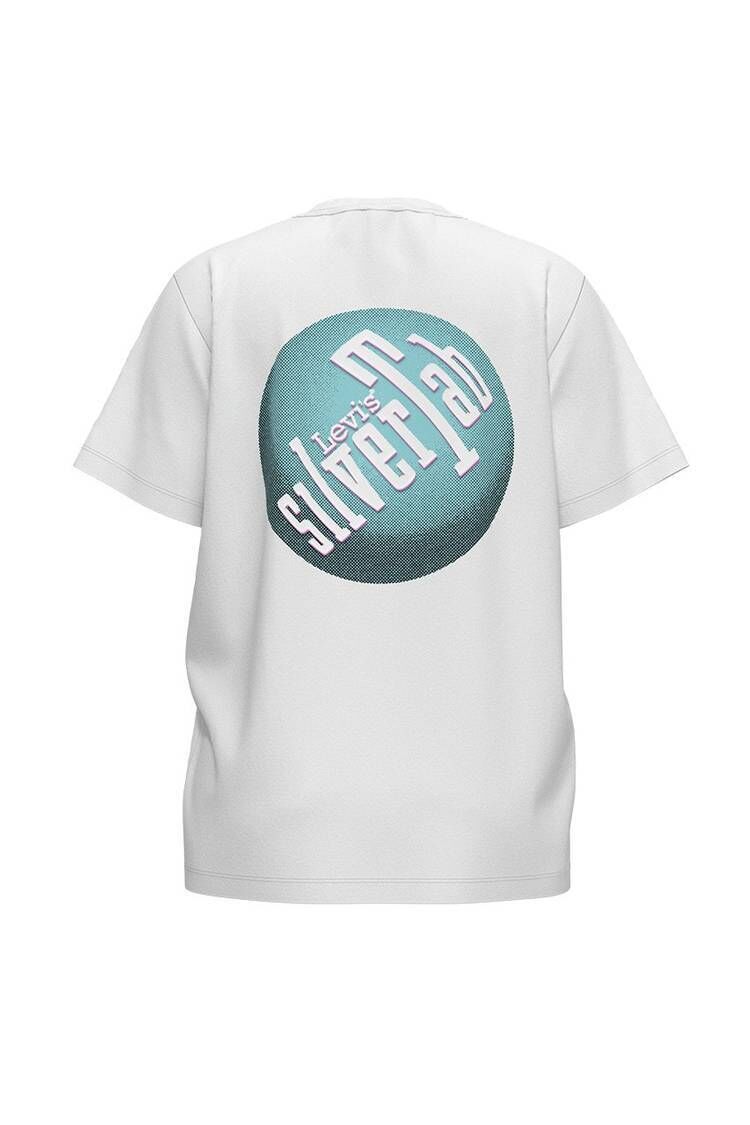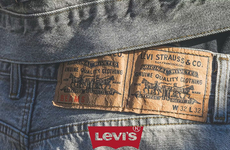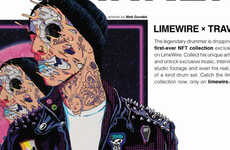
Levi's SilverTab Joins the Roster Again for the FW22 Season
Levi's first introduced their SilverTab sublabel back in 1988 as it was the unofficial uniform during the 90s and the different subcultures of the time. The silhouettes were loose and baggy with washed-out looks to serve that overall grunge design theme and skateboarding aesthetic of the time.
It also celebrated the hip-hop culture that dominated during the era. As a part of the Fall/Winter 2022 season, Levi's Japan brings back the SilverTab line once again with 27 new pieces to join the roster. This includes the highlight of the sublabel's silver jacrons and the fabric tags that are seen on the oversized shorts, sherpa jackets, straight jeans, flannels in many washes, denim work shirts, and much more.
Image Credit: Levi's
It also celebrated the hip-hop culture that dominated during the era. As a part of the Fall/Winter 2022 season, Levi's Japan brings back the SilverTab line once again with 27 new pieces to join the roster. This includes the highlight of the sublabel's silver jacrons and the fabric tags that are seen on the oversized shorts, sherpa jackets, straight jeans, flannels in many washes, denim work shirts, and much more.
Image Credit: Levi's
Trend Themes
1. Grunge Fashion Revival - Opportunity to create new lines of clothing that mimic the baggy and loose clothing style and washed-out looks of 90's retro fashion.
2. Nostalgia Marketing - Opportunity for brands to appeal to consumers' nostalgia for 90's fashion through the revival of popular retro sub-labels or product lines.
3. Sustainable Denim - Opportunity to create eco-friendly denim garments with durable and high quality fabric that can last longer and reduce waste in the fashion industry.
Industry Implications
1. Fashion and Apparel - Industry that can capitalize on nostalgia marketing trends and create new lines of clothing inspired by retro sub-labels, like Levi's SilverTab.
2. Textile Manufacturing - Industry that can explore sustainable denim production methods that are environmentally friendly and can reduce the carbon footprint of the fashion industry.
3. Retail and E-commerce - Industry that can market towards consumers who value sustainable and eco-friendly fashion brands, as well as the revival of nostalgic fashion trends.
1.9
Score
Popularity
Activity
Freshness

